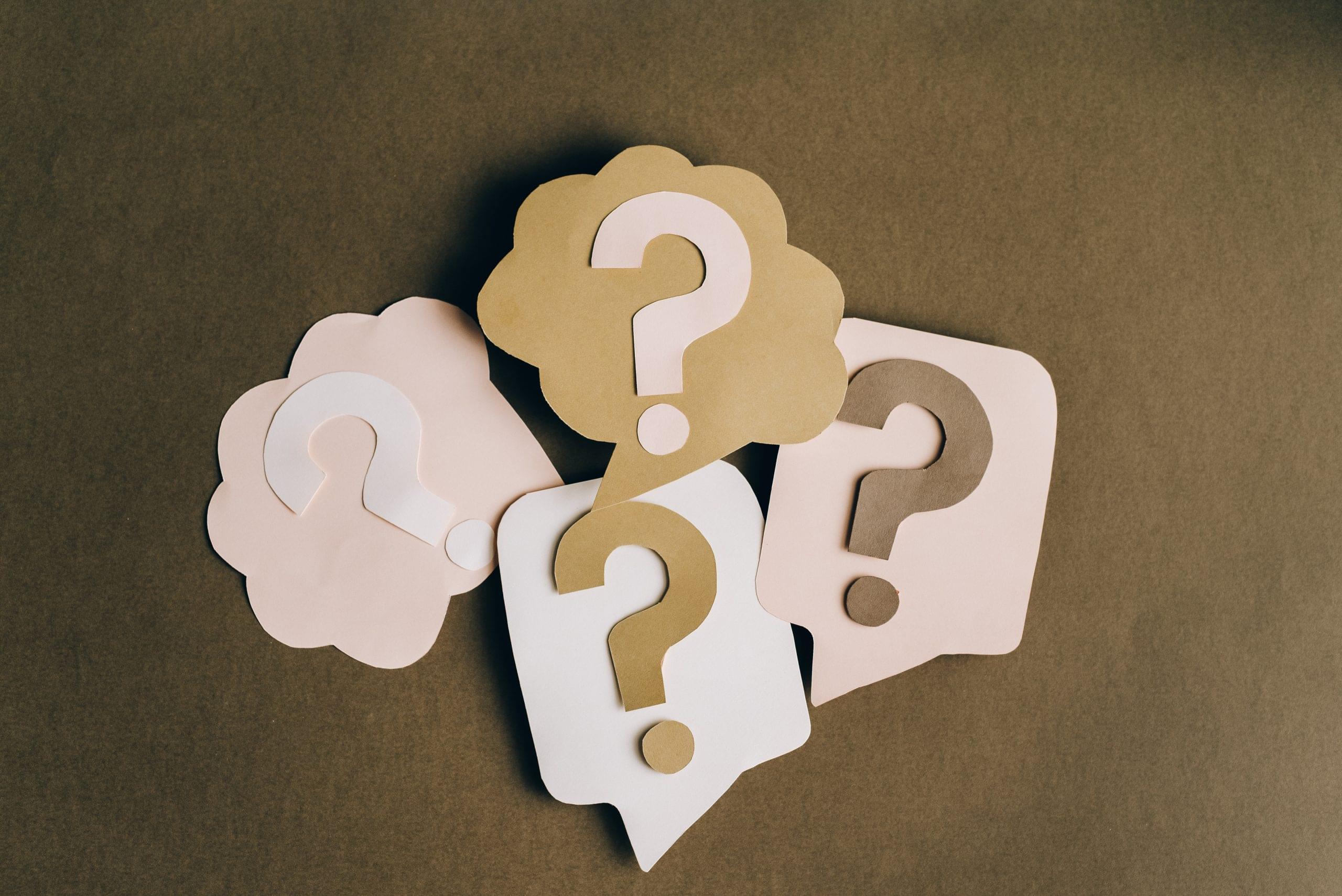I was listening to a podcast recently, the hosts of which are two women who seem to pride themselves on their transparent, educational and feminist content. Halfway through the episode, they paused for a break, and started to advertise for something called ‘Cheex’. ‘Cheex’ is, what they called, a place to access ethical and feminist porn made for women, by women. At first, it seemed like a great concept to me, but when I got thinking about it, it led me to the question of whether ethical porn could truly be possible, or is the industry too deeply rooted in a lack of morals?
An article by Glamour magazine titled Porn for Women: 21 Feminist Porn Sites You’ll Really, Really Enjoy describes so-called feminist porn as porn that celebrates the female orgasm. This type of porn exists because often one has to “wade through hardcore video after video of people degrading, insulting and violating women before you can find something arousing and empowering.” But how is feminist or ethical porn empowering? It pitches itself against mainstream porn, which is often violent and misogynistic, and seems to emerge as a perfect solution to the problem of the exploitation and objectification of women in the porn industry, and to the unrealistic portrayals of sex in mainstream porn. However, I simply don’t buy it: I don’t know if I believe that we can ever look past the grounds on which porn has been built in order to create it in an ethical and feminist way.
The bar is low when it comes to the criteria for defining porn as ethical. Ethical porn primarily refers to the conditions of production; actors must receive fair compensation for their work, they must consent, fair labour conditions must be in place, there must be a diverse representation of body types and sexualities, and of course, the content must be authentic. This all seems well and good, and it does mean that more realistic porn would be in circulation. However, those criteria aren’t actually very difficult to fulfil. In fact, “ethical” porn seems to be doing just about the bare minimum when it comes to human rights. With the correct boxes ticked, it would still be possible to label porn as “ethical” that, in reality, does not stray too far from mainstream porn in terms of content; porn that often objectifies and degrades women and portrays sex in an unrealistic manner.
The concept of ethical porn seems like an oxymoron: can the words “ethical” and “pornography” ever be put in the same sentence? The main reason why I think that the concept of ethical or feminist porn is a slightly absurd one is because of the basis on which porn is founded. The porn industry is so deeply rooted in the mistreatment of women, it is an industry which was built on the objectification of women, and in fact relies on people to continue to objectify women for its survival. Essentially, porn is the commodification of women’s bodies and sexualities, so how can this ever be done ethically, let alone in a feminist way? The porn industry seems to me intrinsically unethical.
“People who favour “ethical” porn over mainstream porn are still using another’s sexuality as a form of pleasure”
The consumers of “ethical” porn aren’t immune to the detrimental effects of porn either. People who favour “ethical” porn over mainstream porn are still using another’s sexuality as a form of pleasure. It is still a one-sided transaction, and the actors in such ‘ethical’ content can still be objectified and degraded. People who watch a lot of porn become increasingly morally disengaged with the way they behave, and therefore there is a link between watching porn regularly and treating people poorly. Porn, ethical or not, is still harmful: it warps our perceptions of sex, which in turn affects the way we behave, the way we view people, and the way we view sex. The consumers of ‘ethical’ porn are not unaffected by the addiction, abuse or misuse which is associated with the consumption of all types of porn.
It must be said, however, that many industries are problematic, and it’s not just porn which notoriously mistreats women. Most industries have discriminated against women in some shape or form. Take the film or art industry, for example. They are two industries, like the porn industry, which have often excluded women from production roles, and instead used women as commodities, using their bodies as something to profit from. Yet, these industries are evolving, and the feminist discourse is encouraging its evolution; so should we be doing the same with the porn industry? The question begs, can we separate porn from its past? Can we look past the history of the problematic industry and praise those trying to make a change, or is it too deeply rooted in corruption and exploitation to ever be seen as truly ethical?






